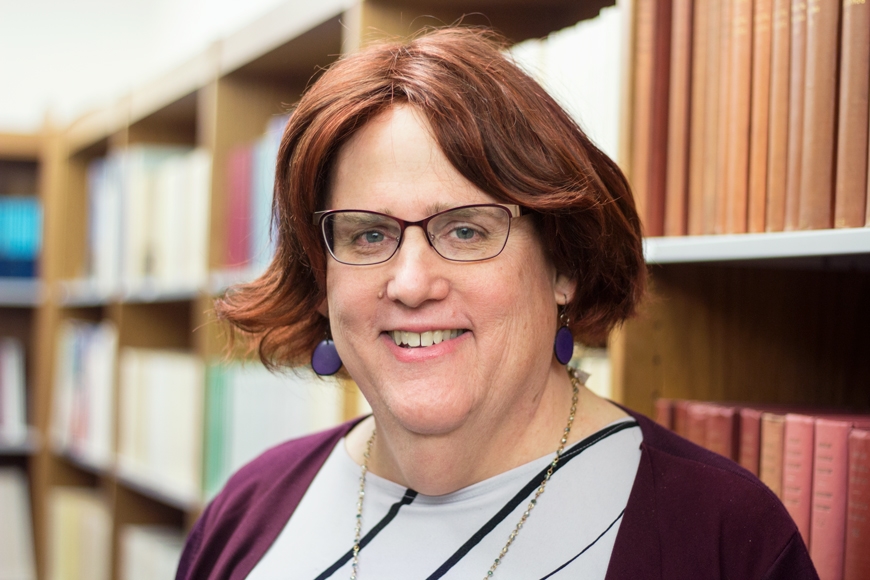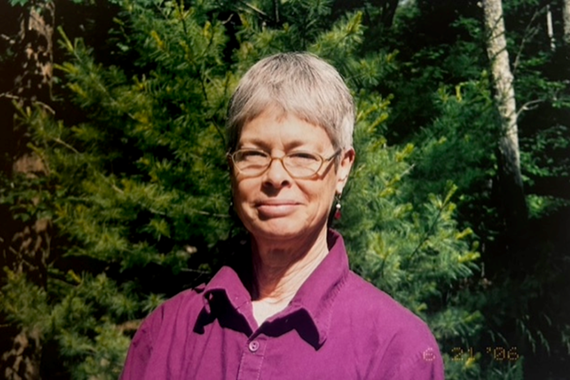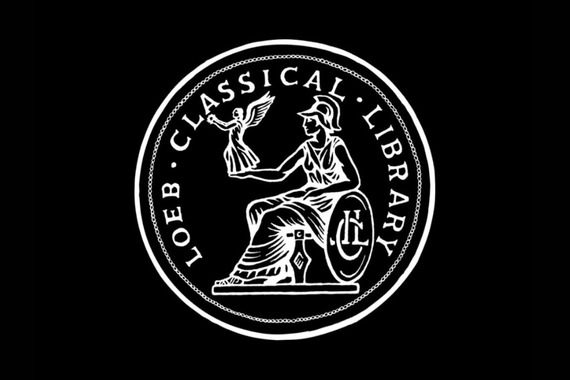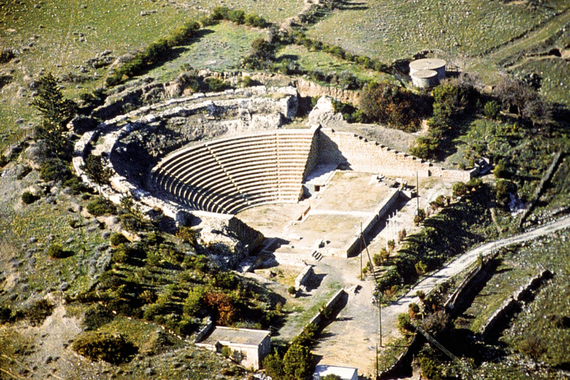An Influential Mentor and Scholar: Honoring the Career of Melissa H. Sellew
Over the course of her 35-year career, Melissa H. Sellew’s work has engaged people around the world and left a lasting impact on her students and the larger University of Minnesota community.
Sellew began working for the College of Liberal Arts in 1984. At the time she was hired to teach religious studies in the Department of Classics. In 1988 they merged with the Department of Ancient Near Eastern & Jewish Studies to become the Department of Classical and Near Eastern Studies. Since then, Sellew has served as a core faculty member of the religious studies program and taught the languages, literature, and historical contexts of a variety of ancient cultures.
Research Contributions Around the Globe
Sellew’s research has taken her to many corners of the map, including Austria, Egypt, England, France, Germany, and the Vatican Library in Rome. In all of those locations, she studied ancient manuscripts that had not yet been published. Her travels have taught her valuable lessons, including the varying contemporary reactions to ancient religious texts and the importance of thorough preparation for her work in museums.
Sellew was also an instrumental member of the Ancient Lives project launched by CNES, in collaboration with a team at Oxford University, in 2011. This program used an online crowdsourcing site to identify fragments of ancient papyrus documents that were then curated by CNES faculty and students. By the end of the project’s first run in November of 2014, over 200 previously unknown texts had been identified by over 400,000 volunteers from around the world. The project has seen users from ages 8 to 80. Sellew is “amazed that people from South Africa, Poland, Hong Kong, and the US are all participating at the same time.”
The success of the Ancient Lives project led Sellew to pursue a grant from the National Endowment for the Humanities to continue it. With that funding, Sellew’s team worked
to update the program under a grant titled “Resurrecting Early Christian Lives.” Although the project is now on hiatus, her diligent work created a foundation of growth for years to come.
A Mentor to Many
Sellew witnessed the growth of CNES over her career. In addition to its 1988 merger, with the arrival and departure of faculty colleagues, a variety of new emphases grew, while others waned. During her studies, Sellew discovered a fascination with ancient Coptic documents, as the Copts represented one of the last stages of ancient Egyptian history. Sellew worked to bring the Coptic language and its historical context to the CNES department. She created a series of classes on the subject, and has even had the privilege of working with students whose heritage relates to this historical language.
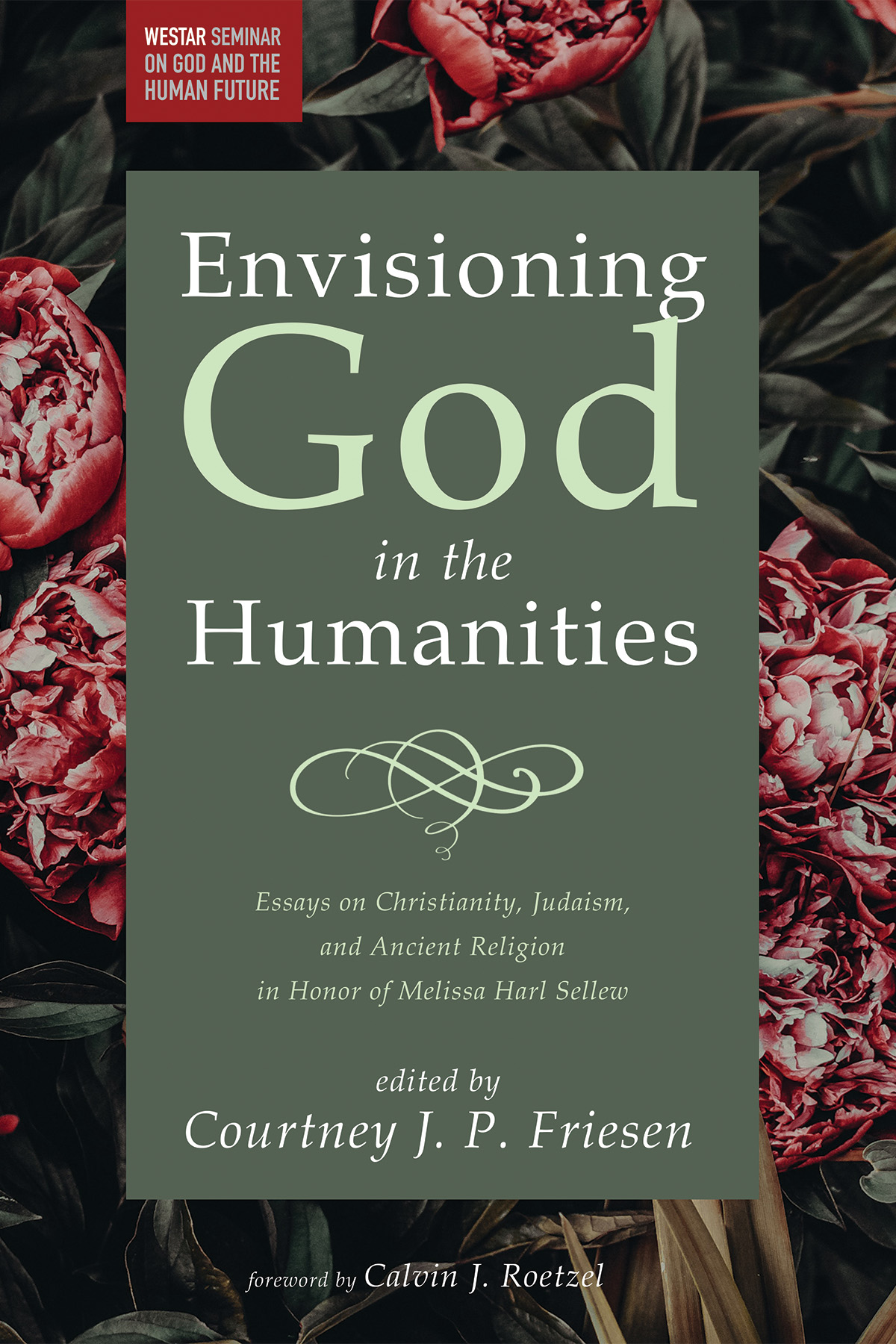
She has found that a consistent fraction of her classes are made up of second-generation immigrant students from the Coptic Orthodox church, a community that makes up 10% of the Egyptian population; “for them, it's not a dead language from 2000 years ago; it's a language that they hear in their church every Sunday,” Sellew explains. She has found that having perspectives different from her own in her Coptic classes has been very beneficial and rewarding to her teaching experience.
Sellew has watched her students flourish over the years. With her own educational background at smaller institutions, she initially didn’t know quite what to expect working at a large public university. “Right out the door I had absolutely strong, committed, and fascinating students, that was my experience,” she says. As a mentor to many, Sellew left a profound impact on a number of former students, whether that be through her courses or working one-on-one with them in directed studies.
After her successful 35 years spent with CNES, Sellew will retire in May 2019. As a testament to her powerful role as a scholar and teacher, a group of Sellew’s former students and colleagues published a book in her honor, titled Envisioning God in the Humanities. It contains a series of essays on Christianity, Judaism, and ancient religions and all pay tribute to Sellew. The back cover reads: “Just as Sellew has done throughout her career, so this volume invites us into the joy of exploring distant societies and, in so doing, into the fuller discovery of one’s own self.”
This story was written by an undergraduate student in CLAgency. Meet the team.
